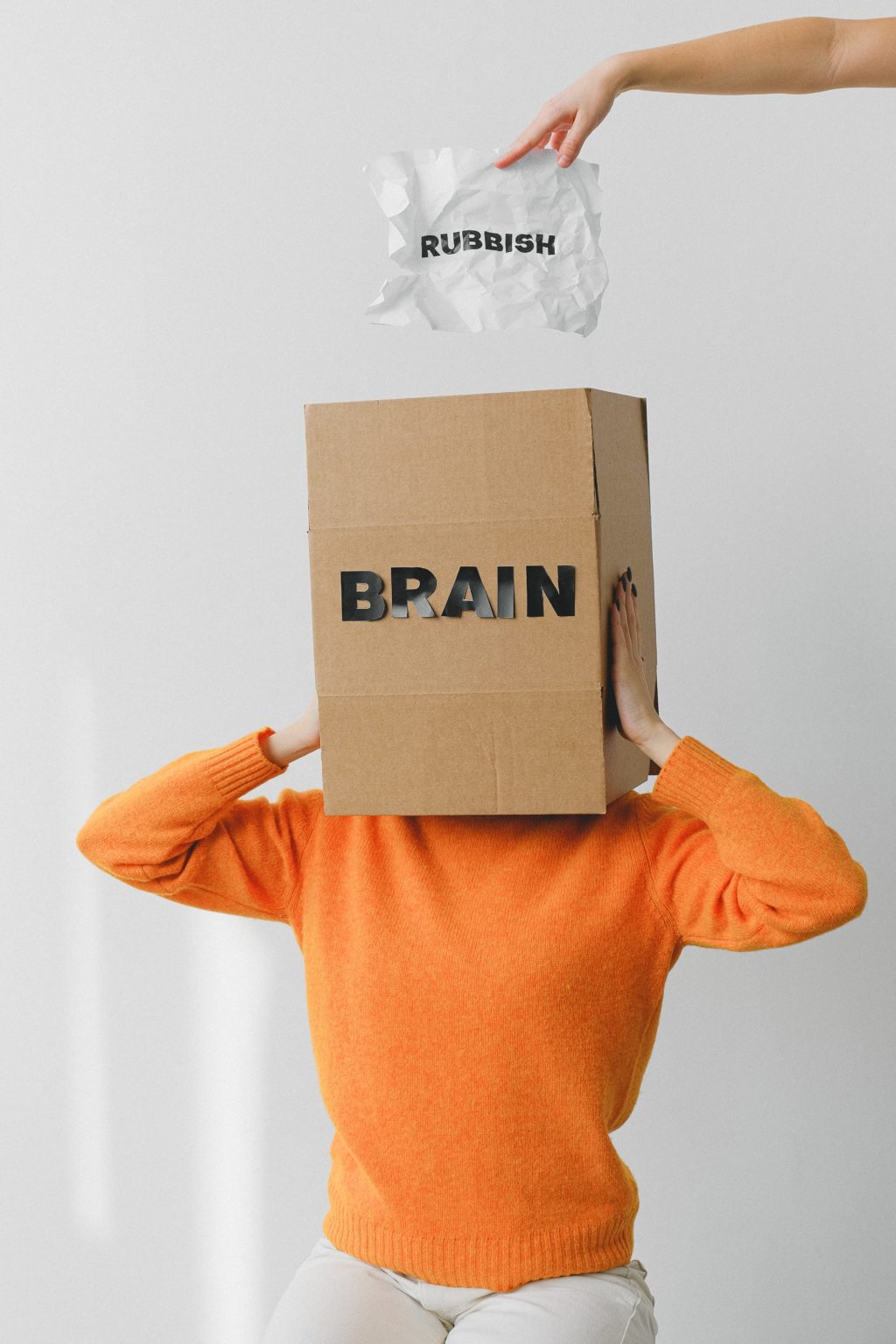
Things Forgotten
Having a bad memory can be a frustrating experience. Forgetting important details, appointments, or even people’s names can lead to embarrassment and a lack of confidence in social situations. However, the good news is that memory is not fixed, and there are several strategies and techniques you can use to improve it.
Before delving into ways to improve memory, it’s essential to understand how memory works. Memory is a complex process that involves several stages, including encoding, storage, and retrieval. Encoding is the process of taking in information and converting it into a form that can be stored in the brain. Storage is the retention of that information over time, and retrieval is the process of accessing that information when needed.
Now let’s discuss some strategies to improve memory:
- Pay Attention: The first and foremost important factor in memory is paying attention. The better you pay attention to the information, the easier it will be to remember. Try to eliminate distractions and focus on the information at hand.
- Repeat and Rehearse: Repetition is one of the most effective ways to remember information. Try to repeat the information out loud or write it down multiple times. Rehearsing the information over time can also help to retain it in your memory.
- Chunking: Chunking is the process of breaking down large amounts of information into smaller, more manageable chunks. This technique helps to make information more accessible and easier to remember. For example, remembering a long string of numbers like 8569447103 is difficult, but breaking it down into 856-944-7103 makes it more manageable.
- Visualize: Our brains tend to remember images better than words or numbers. Try to create a mental picture of the information you are trying to remember, or use diagrams, mind maps, or other visual aids to help you remember.
- Sleep and Exercise: Both sleep and exercise are essential for memory retention. Exercise increases blood flow to the brain, which improves cognitive function, and sleep helps consolidate memories. Aim for at least 7-8 hours of sleep per night and try to exercise for at least 30 minutes a day.
- Mnemonic Techniques: Mnemonic techniques involve associating information with something else, making it easier to remember. For example, “ROY G BIV” is a mnemonic for remembering the colours of the rainbow, representing the colours red, orange, yellow, green, blue, indigo, and violet.
- Memory Games: Finally, memory games can help improve memory. Games like crossword puzzles, Sudoku, and memory matching games help to keep the brain active and engaged.
In conclusion, memory is a complex process that can be improved through various strategies and techniques. By paying attention, repeating, and rehearsing, chunking, visualizing, getting enough sleep and exercise, using mnemonic techniques, and playing memory games, you can improve your memory and feel more confident in your ability to remember important information
